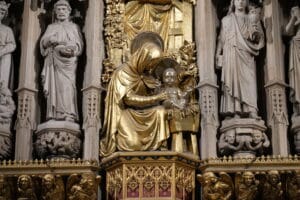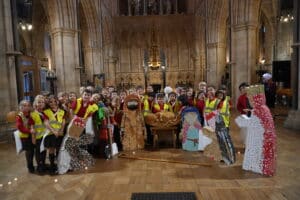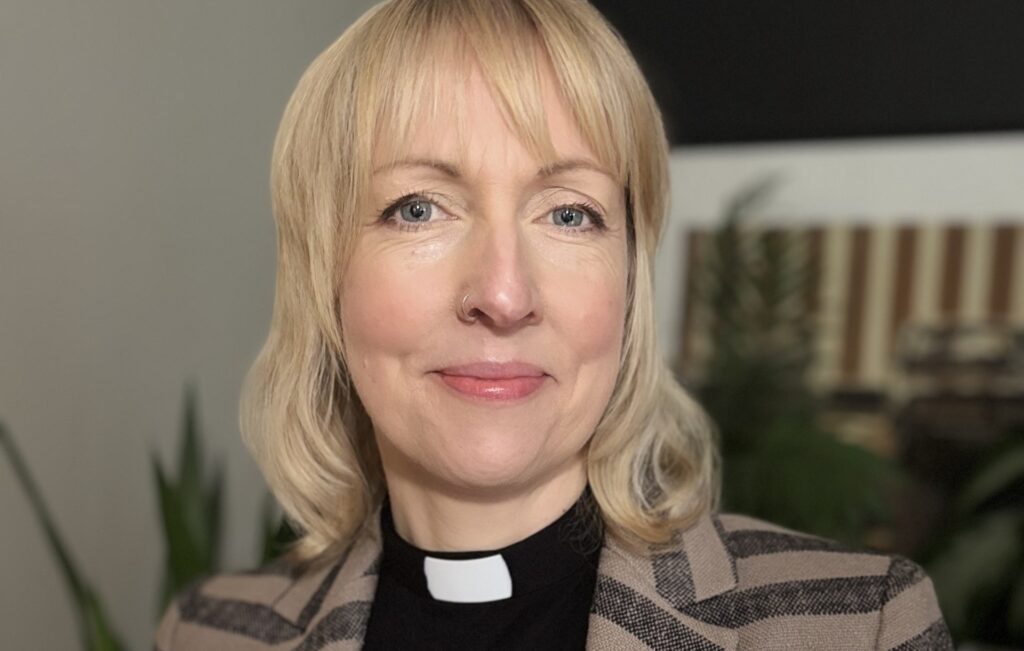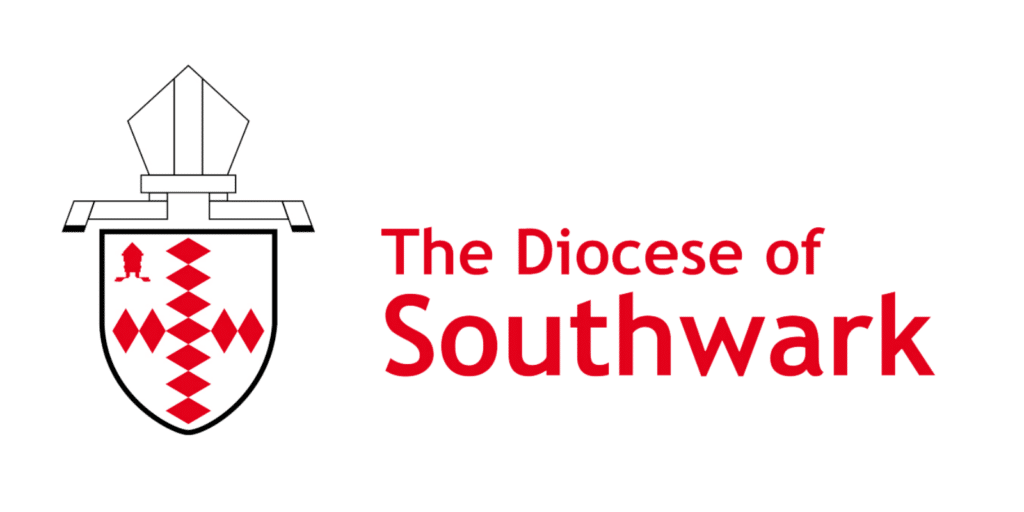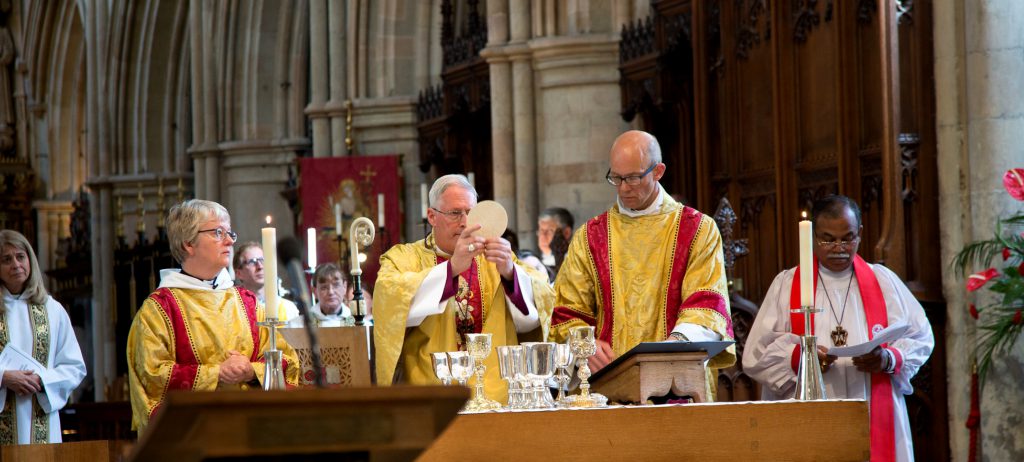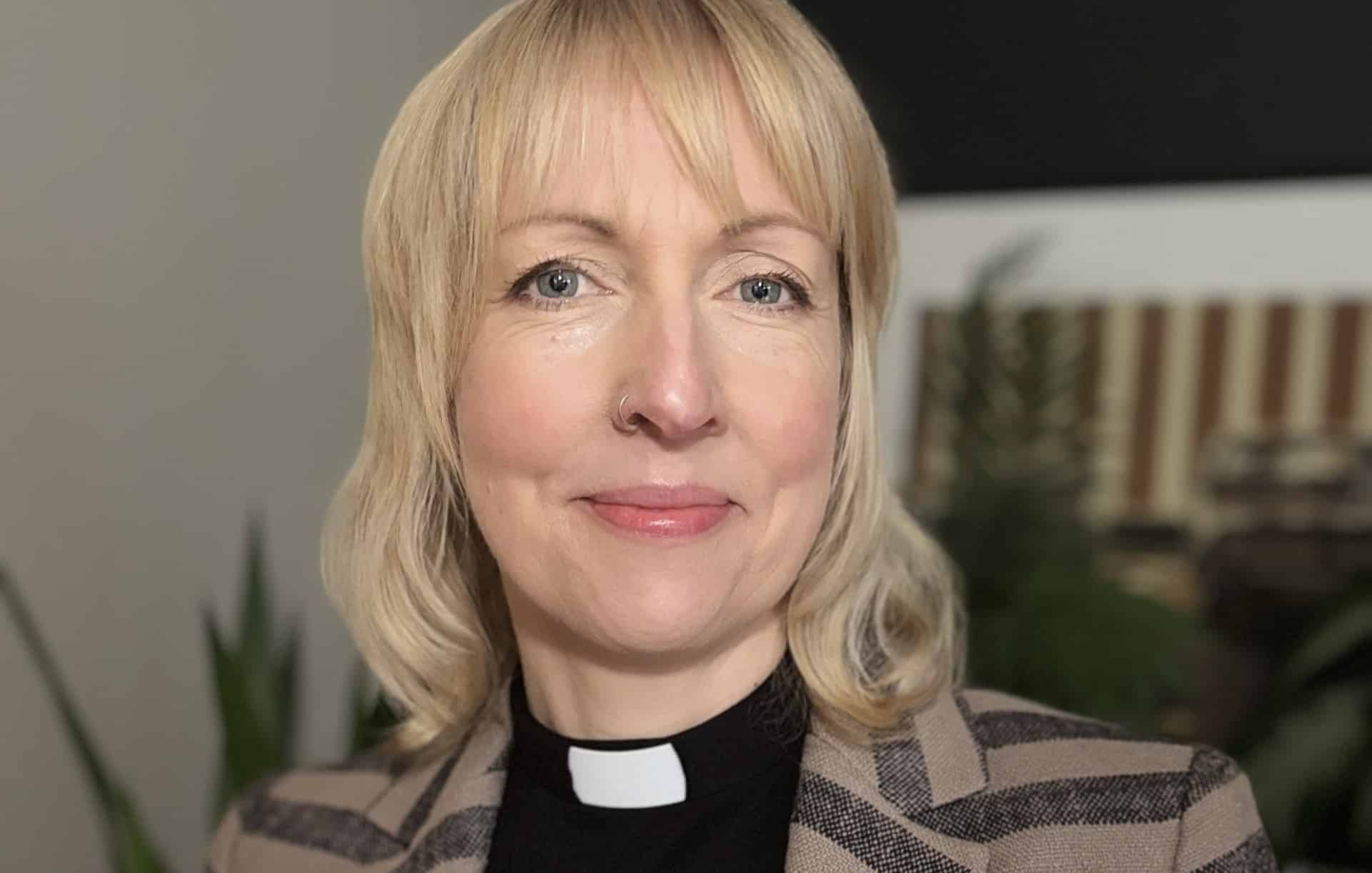Dear Brothers and Sisters in Christ,
In this Advent season of watching and waiting, we are yet again faced with further developments, as we anticipate the changing advice and guidance from the Government. It is now announced that England will move to Plan B in response to the risks of the Omicron variant. We continue to live with a great deal of uncertainty, and it is difficult for people to make the plans they would like to make this Advent. However, we hope that the following will at least be of help to you.
Guidance from the Church of England was issued yesterday. You can download in below.
Download the latest CofE Guidance
The Bishop of London, the Rt Revd Sarah Mullally, who leads the Church of England’s Covid Recovery Group, has said the following in a statement yesterday:
“As we look forward to celebrating again the coming of Jesus into our world, we can do so with hope. Few of us imagined when we first heard of the Coronavirus at the beginning of last year that we would now be approaching our second Christmas of a global pandemic. The recent emergence of the new Omicron variant and the evidence we’ve seen already of its rapid spread is a cause of real concern. And while we are hugely thankful for the rapid development and mass rollout of the vaccines – and the current booster programme – there are important steps we should take now to protect ourselves and each another. As Christians we have a duty to care for one another, especially those who are most vulnerable, and the latest measures announced by the Government should offer some extra protection and reassurance for people. Caring for one another, sharing, hope, faith and most of all the knowledge that God is with us are at the heart of Christmas. This Christmas we will be coming together – whether in person or online – to worship God and celebrate his coming into the world as a human being like us.”
Government Guidance is as follows:
- From 10 December, face coverings will be required by law in most indoor settings and on public transport. This includes places of worship.
- Get tested and self-isolate if required
- From 13 December, office workers who can work from home should do so
- Let fresh air in if you meet indoors. Meeting outdoors is safer
- From 15 December, certain venues and events will be required by law to check that all visitors aged 18 years or over are fully vaccinated, have proof of a negative test in the last 48 hours or have an exemption
Read the full guidance here
Face Coverings and singing
Face coverings are currently mandatory on public transport and in a range of indoor venues including places of worship. While there are exemptions, this is a legal requirement. Singing and musical performances of all kinds are allowed in churches, including congregational singing, and choirs and worship groups can perform without legal limitations. However, you may want to consider face coverings are used by congregations while singing depending upon your local context.
Hall Hire
Independent groups booking church halls for parties and events need to carry out their own risk assessments as advised on pp 12 & 13 of the most recent C of E guidance, which includes links to templates; attached. Please ensure that external and internal users have copies of your updated wider risk assessments for building use.
Bereavement support
This Christmas will be very difficult for many people, including those who have been bereaved, compounding their loss further. We hope you will find the information from At A Loss helpful. www.ataloss.org is the ‘go to’ place to search for bereavement support services whether that be national agencies, specialist providers or local provision. Loss and Hope www.lossandhope.org is for training and equipping churches in bereavement support for those in their communities. Both are run by Yvonne Tulloch, the Bishop’s Officer for clergy bereavement for the Diocese of Southwark.
- There will now have been a million deaths in the UK since the start of the pandemic
- There are many millions of people therefore, who have been bereaved, most of whom will have had their grief journey complicated by restrictions
- Unsupported grief can lead to mental ill health, relationship breakdown, loss of jobs, debt, addiction and a host of other problems.
- C of E research earlier this year shows that bereaved people overwhelmingly want churches to help.
- Bereavement generally raises the big questions of life. Bereavement support is therefore an opportunity to reach out to communities with love and hope.
- Loss and HOPE is currently encouraging and equipping churches to easily run The Bereavement Journey as a UK wide church response to the pandemic. Courses could be arranged for the New Year and be mentioned (alongside the AtaLoss.org bereavement support signposting website) in Carol Services, for example.
In all things we hold on to hope and pray that we may be of good courage. Here is an Advent prayer from Bishop Karowei, Bishop of Woolwich.
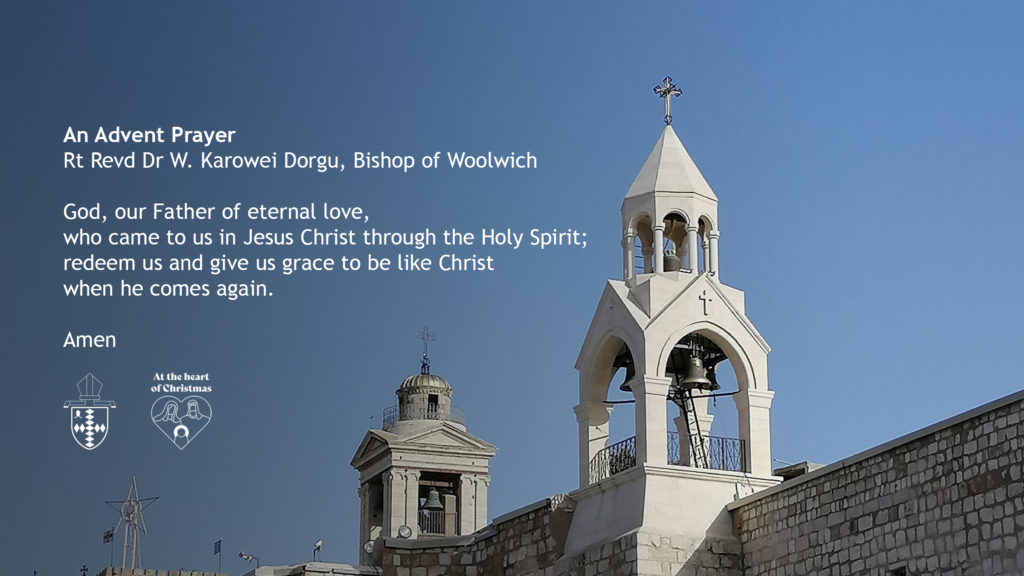
The Coronavirus Task Group
(Bishop Christopher, the Very Revd Andrew Nunn, the Venerable Alastair Cutting, Ruth Martin and Sophia Jones)




